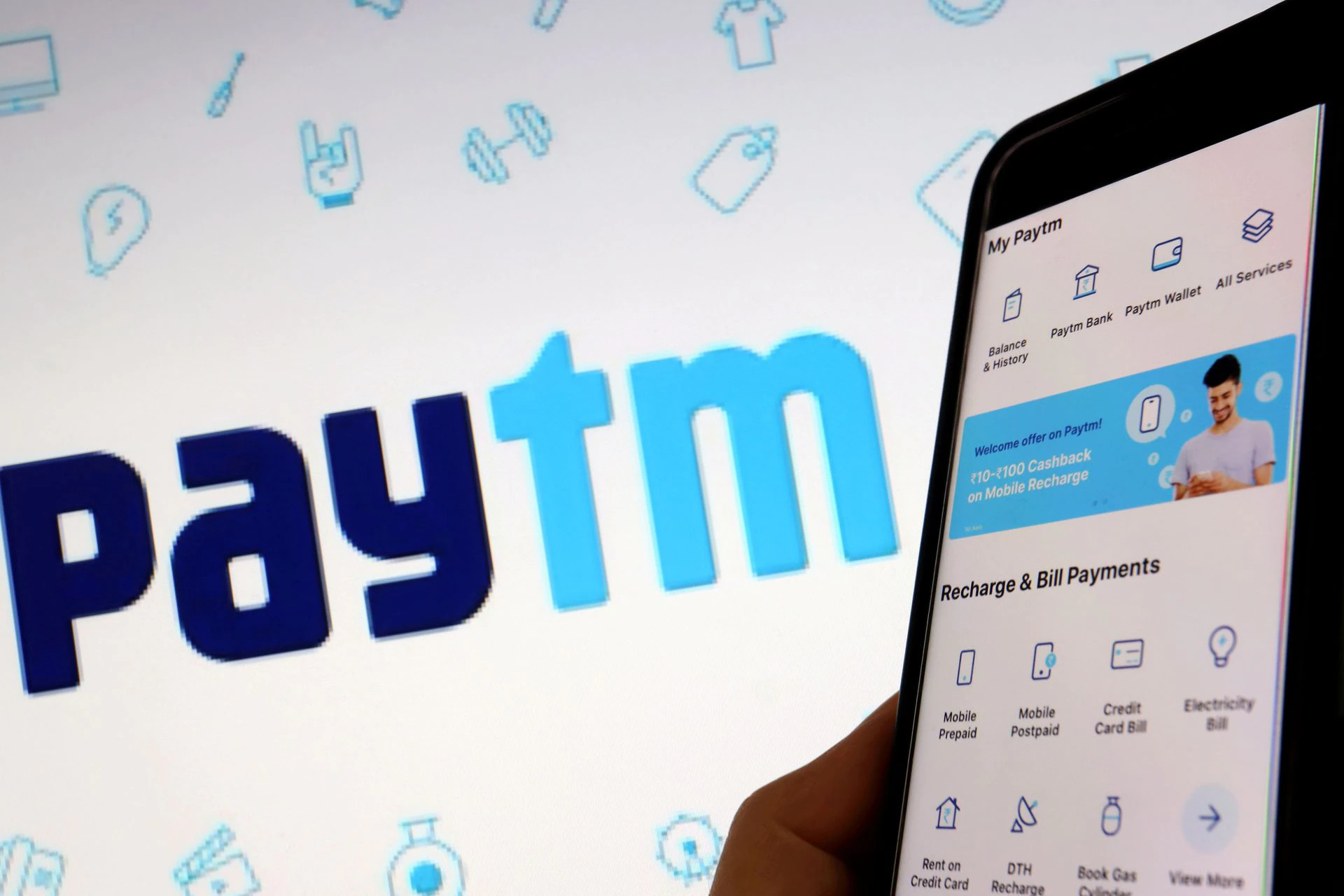New Delhi: India has strengthened the examination of companies related to the stock exchange by interviewing the way in which the main internal internal metrics are used to achieve assessments, troubled bankers and companies that fear delays in plans. registration, sources of direct knowledge reported in Reuters The thrust of India comes after the list of payments from the Canned SoftBank, a $ 2.5 billion $ 2.5 billion dollar $ 2.5 billion in November, which sparked the criticism of the supervision of the LAX. The way in which loss manufacturing companies are price problems that some say are high assessments.
The Securities and Trade Council of India (SEBI) last month reported concern to propose more stringent information, saying more and more new-era technology companies that are generally losing loss of loss For a longer period “were at the filing of the SIO and traditional financial supply” may not help investors. But even before the proposal is finalized, Sebi has asked for many companies in recent weeks to get non-financial – KPI indicators or key performance indicators – audited, then explain how they were used to reach a Evaluation of a stock exchange introduction, five banking and legal sources said.
Generally, for a technical start or based on applications, KPI could be numbers like the number of downloads or average time spent on a platform – the sources of metrics have been disclosed, but difficult to audit or a link with A valorization of a company Sebi asks us to “justify valuation”, said an Indian lawyer advising several companies who exploit that the IPO, added it “create uncertainty and cost of increasing compliance.”
SEBI did not respond to a request for comments Regulators in the main markets, including Hong Kong, follow practices that submit societies to close monitoring on their business practices and finances, but they do not generally do a granular verification on valuation metrics A February document containing SEBI’s remarks to an Indian injected injecting company, seen by Reuters, asked “to explain on the basis of the KPI base” for its arrival at the IPO issue price, adding that they should be “certified by a statutory auditor”.
The Indian Pharmacey digital health platform, which had filed documents from an 818 million dollar purse in November, is a company that has been affected by such a review: a source with direct knowledge stated that The company raised concerns with SEBI regarding the audit and provision of these details, and is likely to obtain relaxation. Pharkeasy did not respond to a request for comments It is unclear whether the additional information requested by SEBI would be released to potential investors Pranav Pai, a founding partner of the capital of VC Indian VC 3one4, said SEBI did not fix any limit on the evaluations and only “providing the parity of information” between profitable companies and the manufacture of losses targeting IPOS.
“Sebi does not require any ordinary,” Pai said.
Growing Concerns, Hot IPO Market
The stricter review comes when India’s startups and other companies have become cherished for foreign investors and strive more and more markets Last year, more than 60 companies – including high-level technologies – have made its debut on the market and increased by more than $ 13.5 billion, with a lot of Ride-yesterday rail and aggregator Hotel Oyo still in Pipeline.
The PayTM list, however, has raised concerns about assessments. After the tank of the day of registration, the shares of the Indian payment firm currently negotiate 64% below their issue price, and some fund managers had declared that the episode “, hopefully, would bring a Realism for evaluations “.
Concerns are widespread among bankers, lawyers and businesses, as control is underway, even if the SEBI proposal on whether these PCR disclosures should be applied or not open for public comments. On March 5, three sources were added The proposal indicated that key accounting ratios such as price price are not sufficient to evaluate loss manufacturing companies, the addition of SEBI wanted to obtain audit and disclosure of “all KPIs of equipment Shared with pre-IPO investors for three years.
“Many investors, founders and merchant banks have reservations with Sebi’s proposal,” said


